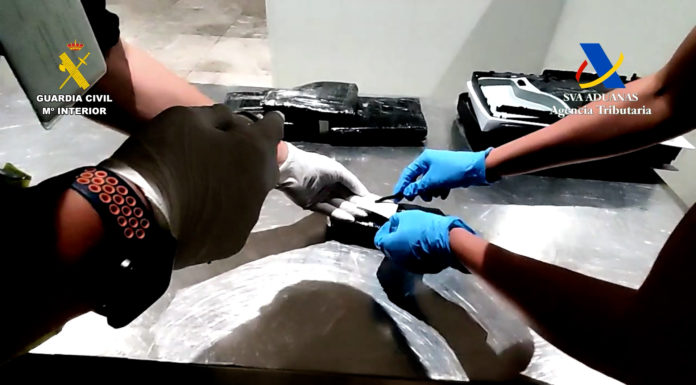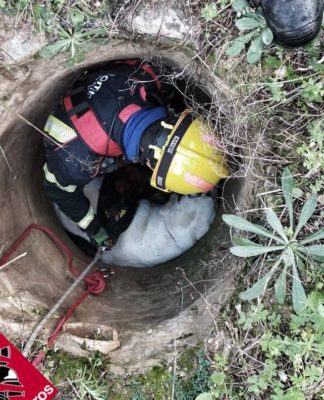Email
May 23,
Dear Sir,
To add more information to Charles Brady’s enquiry about native Spanish speakers. (CBN, issue 2241)
Everyone, of whatever nationality, learns their native tongue via the people who surround them. This is done naturally by listening, processing and imitating. With very young children, adults automatically correct errors, and as such extend and develop their language; for example, a child might say to his/her mother, “Daddy, work”, to which the reply might be, “Yes, daddy’s gone to work/is at work/is coming home from work”, etc. This informal teaching is further expanded and enlarged when a child attends nursery/school, and is then subjected to a more formal education.
We acquire our own language, and learn its rules, almost automatically, without realizing it. Someone who wishes to learn a language later in life does not have the advantage of this almost unconscious learning, and must start from scratch with specific language learning – whichever method they choose, time, effort and energy is needed to succeed. A Spaniard will have learnt and practised all the verb tenses from birth, through their surroundings, so it will be quite natural to them, as is the case with any other language.
In addition, having taught in both British and Spanish primary schools, and seen at first-hand how the native language is taught in both countries, it is my opinion that it is done much more thoroughly in Spanish schools, another reason why Spaniards are so well versed in Spanish grammar.
I too also enjoy Jane Cronin’s articles a great deal, finding them erudite, informative and helpful.
With best regards,
Virginia Pilkington



































